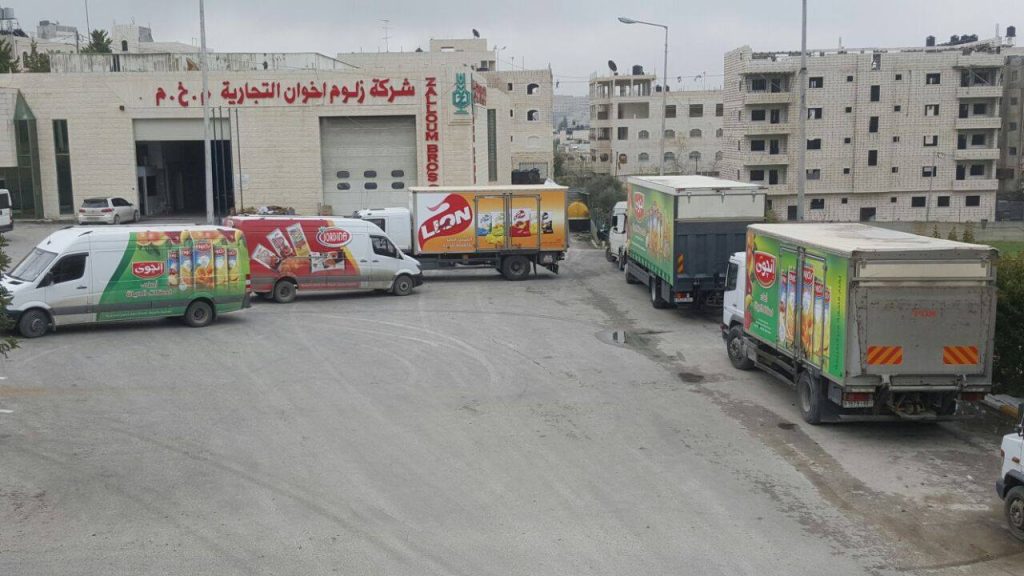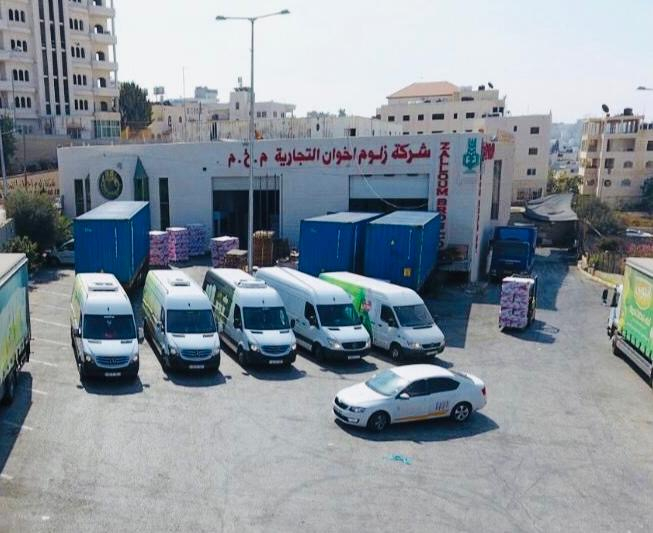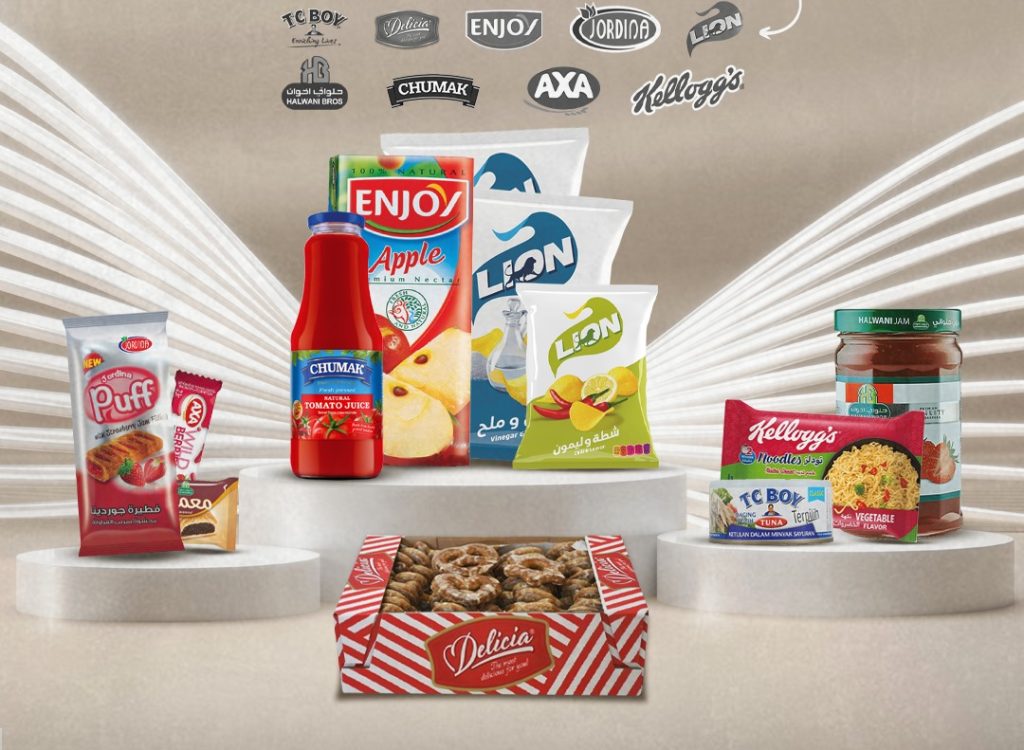About Us
70+ Years Experience in Trading Products
70 +
Years of Experience







#1 Best Service
1999 National 1509002 Awards



Why Choose us
A brief overview of Zalloum Bros Company.
In terms of heritage and authenticity, our commercial activity was born in the old market in the old town of the city of Hebron, under the guidance of our late father, Al-Hajj Saleem Abdul Fattah Zalloum, may Allah have mercy on him. This began in 1954 in the Al-Qazzazeen commercial district with a shop selling foodstuffs, candies, sweets, and juices, which were purchased from the local market or through importers and wholesalers in Amman and Jerusalem. This continued until the 1967 setback, after which the West Bank and Gaza Strip fell under occupation, prompting the company to rely on purchasing from the local market and within the Green Line.
In the early 1990s, with the onset of the First Intifada, it became necessary for the brothers to face the challenges and overcome the difficulties that the Palestinian economy encountered. In 1993, they established a public shareholding company and expanded their focus to international markets. The company began importing various types of foodstuffs, candies, and juices from abroad, reaching around 1,500 different products imported from more than 40 countries. The company’s client base also grew to 9,000 customers.
The transition of the company into a private shareholding company coincided with the move to the new headquarters located on Al-Salam Street, one of the most important commercial streets in Hebron. The buildings were constructed on a land area of 10,000 square meters and were designed and equipped with modern standards, utilizing both international and local consultancy expertise. The design took into account the preservation of the quality of stored goods by providing proper ventilation, lighting, and suitable temperatures, in addition to facilitating storage, loading, and unloading. The facilities were equipped with alarms, fire extinguishers, elevators, and refrigeration units. The total building area reached 6,000 square meters, with 5,000 square meters allocated for warehouses and the showroom, and 1,000 square meters for administrative offices. There were also loading and unloading areas covering approximately 6,500 square meters.
By the grace of God and through dedicated efforts, Zalloum Trading Company has grown to become one of the largest food companies in the country. The company’s achievements were crowned with obtaining the ISO 1509002 certification in 1999, making it one of the first food companies in the country to earn this certification. However, the company did not stop its development.
In 2022, the headquarters of Zalloum Brothers Trading Company was expanded with the construction of new warehouses, bringing the total warehouse area to 8,000 square meters.
Company Divisions
Import and Procurement Division
This division is responsible for daily follow-ups and correspondence with suppliers, both in the local and international markets, to ensure the timely availability of all product categories with high quality and at prices suitable for the Palestinian family’s income.
Sales Division
One of the most important divisions in the company, its primary mission is to increase the company’s sales and consequently expand its market share in the food sector. The division follows up on customer needs, ensures timely and proper delivery of goods, and listens to customer feedback and suggestions. This feedback is then passed on to the Marketing Division and top management to make appropriate decisions.
Financial Division
This division is responsible for maintaining organized company accounts using modern and advanced software in accordance with laws and regulations. It provides financial data and reports to the top management, keeping them updated on the company’s financial position to assist in making timely financial decisions. Additionally, the division coordinates and follows up with external auditors and tax consultants to prepare the annual financial statements within the designated timeframe.
Marketing and Public Relations Division
This division is responsible for promoting the company’s product range, analyzing the market and competitors, studying sales seasons, and selecting the best advertising and promotional strategies. It maintains constant coordination and information exchange with other divisions, such as Sales and Procurement, to achieve the highest levels of satisfaction among traders and consumers. Additionally, this division organizes and manages the company’s relationships with local and international entities, participates in exhibitions and conferences, and arranges marketing visits to suppliers and clients.
Warehouse and Quality Control Division
This division manages the company’s warehouses by ensuring the appropriate storage environment, including ventilation, lighting, and temperature control, as well as organizing shelves to facilitate loading and unloading. It follows professional methods for the timely intake and dispatch of goods, while paying attention to expiration dates and ensuring each product is stored in its designated location. The Quality Control department continuously monitors adherence to the highest standards of quality and product validity, ensuring compliance with set standards, and verifying the effectiveness of fire suppression and alarm systems, along with performing necessary periodic maintenance.
Administrative Affairs Division
This division provides administrative support to all departments and employees of the company, overseeing shipping, transportation, and the maintenance of company facilities. It handles all employee-related matters, including hiring, training, evaluation, promotions, salary disbursement, and incentives. Additionally, it manages vehicle and warehouse insurance policies, oversees the company’s real estate investments, and prepares periodic reports for the company’s senior management.
